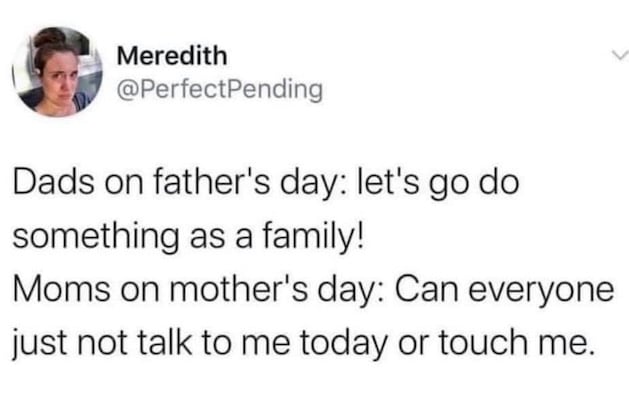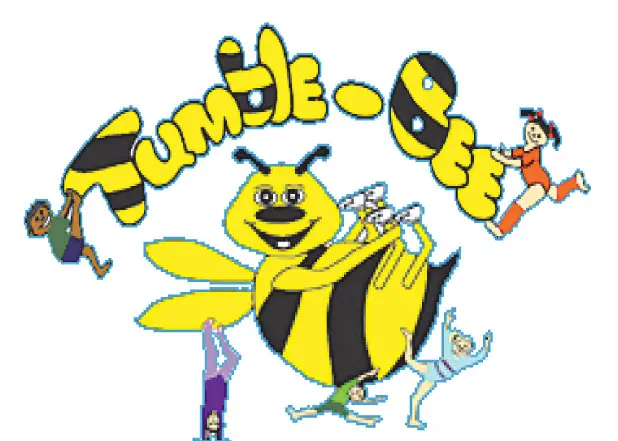Get the Best Winter Activities
What happens when you see commercials and billboards? “Help [kids] become media literate by asking questions about what they think the commercial or message are trying to tell them and why. It’s a good opportunity to ask questions about what they think they know about marijuana, what they’ve heard from their friends, who they perceive to be using it—and responding to those questions with facts, calmly and clearly,” Goldstein says.
Tell your kids that even in states where marijuana is legal, it is only legal for adults of a certain age, and regulated by law the way alcohol is, until age 21. It is still considered illegal and harmful for teens and the developing teen brain, which is not fully matured until age 25, according to Josie Feliz, director of communications for the Partnership for Drug-Free Kids.
Talk about family values. “Discuss incidents with friends in general about anti-social behavior,” Newman says. “If some child in the neighborhood throws rocks at someone’s dog, you need to discuss values and what’s important. For example you can say, ‘In this family we value respect and not following negative examples.”
Address negative behaviors. According to Joseph Lee, M.D., American Academy of Child and Adolescent Psychiatry member and expert specializing in substance abuse, there can be telltale signs and many years of behavior before a child turns to substance abuse. “A child might have behavior problems in school,” he says. “He could be telling white lies and have trouble with remorse or empathy. These issues should be addressed.”
Tips for Talking to Middle School Age
Know your kids’ friends. Studies show younger teens, those 13 and older, are much more influenced by their peers. “Be aware of where your kids are and who they are with,” Newman says. “Being vigilant can pay off.”
“Ask them how their friends are using and why they are,” adds Susan Weiss, Ph.D., director of the Division of Extramural Research at The National Institute on Drug Abuse. “Tell them, ‘Your friends may be taking risks with things you may not want to do.’”
Team up with other adults in your kids’ lives. “Know who the parents are,” Goldstein says. “Work together with the parents of your children’s friends to set common boundaries and monitor behavior. There’s strength in numbers. By getting to know your children’s friends’ parents and joining forces, you are essentially building a safety net for your children. Plus, supporting each other during times when you feel worn out can empower you to stay focused on helping your kids grow up healthy and drug free.”
Model and introduce healthy coping mechanisms and hobbies. Middle school can be a time of high stress, Goldstein says. Children go through puberty while experiencing pressure to fit in and gaining more independence. It’s important for children to be exposed to healthy ways of coping with stress, whether it’s through daily exercise, getting out in nature, yoga, meditation, or playing their favorite sport.
RELATED: Find Sports Programs Near You
Tips for Talking to Teens and Young Adults
Be available. Parents should be honest about the risk to kids, Weiss says. “But if your child is using it find out why—some are depressed, some are anxious. They are using it to solve problems. Tell them this is not a good way and there are better ways of coping.”
Discuss family history and what they see in the news. Talk about family members with addictions and family members with mental illness, Weiss says.
“When a celebrity or local person in the news is in trouble for marijuana or other substances, it is an opportunity for parents to take advantage of the situation and discuss it in detail,” Newman says. “You want to say something like this happened to this person and these are the dangers of using marijuana and other drugs.”
Make them aware that not everyone is doing it. According to the latest National Survey on Drug Use and Health, only 7 percent (1 out of 14) of 12- to 17-year-olds have reported using marijuana in the last month. “Sadly the misconception that everyone is doing it, which is common for teens, leads to increased use,” Goldstein says. “Many prevention organizations are aware of this and are investing in marketing campaigns, which help to reduce alcohol and drug use by educating teens about the actual use by their peers, based on surveys done in a school or community.”
“You can show them a site like weedmaps.com and say, ‘Look how many sites are exploiting kids and breaking federal laws. These folks don’t care about your health, they only care about making money’,” Rusche says.
Cultivate a positive family culture. It’s important that you spend quality time with your kids and have a good relationship, Goldstein says. Your kids need to know that they can trust and talk to you.
“You don’t know what outside influences are going to do to your teenager,” Newman says. “The only way to combat this is by how you as a parent behave.”
Main image: Introducing tweens to new to hobbies such as hiking as a healthy way to cope with stress is one way to help prevent them from turning to drugs.
RELATED:
Do You Wonder About Your Teens Drug Use?
Get Family Activities Sent to You







.jpg)


